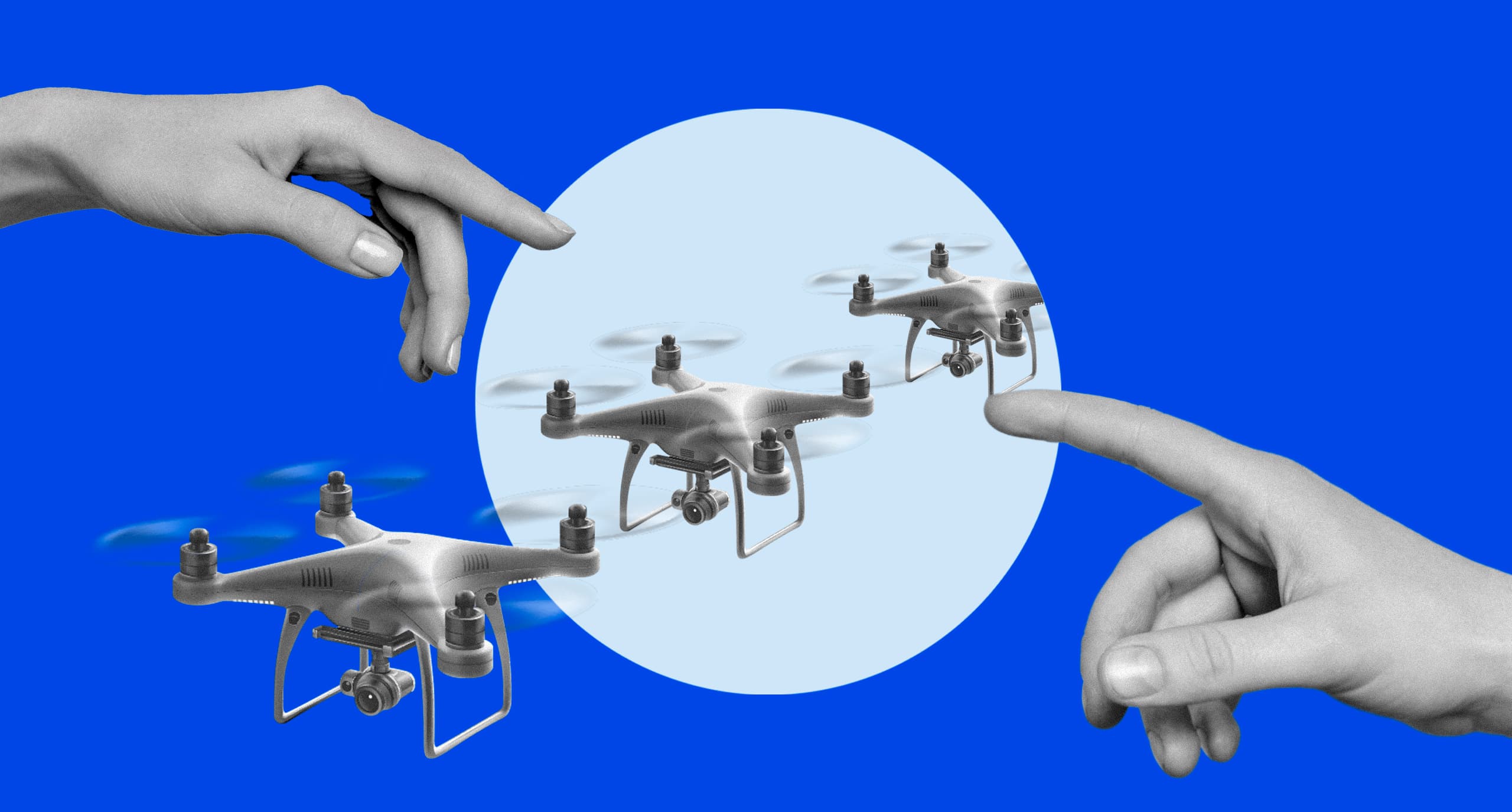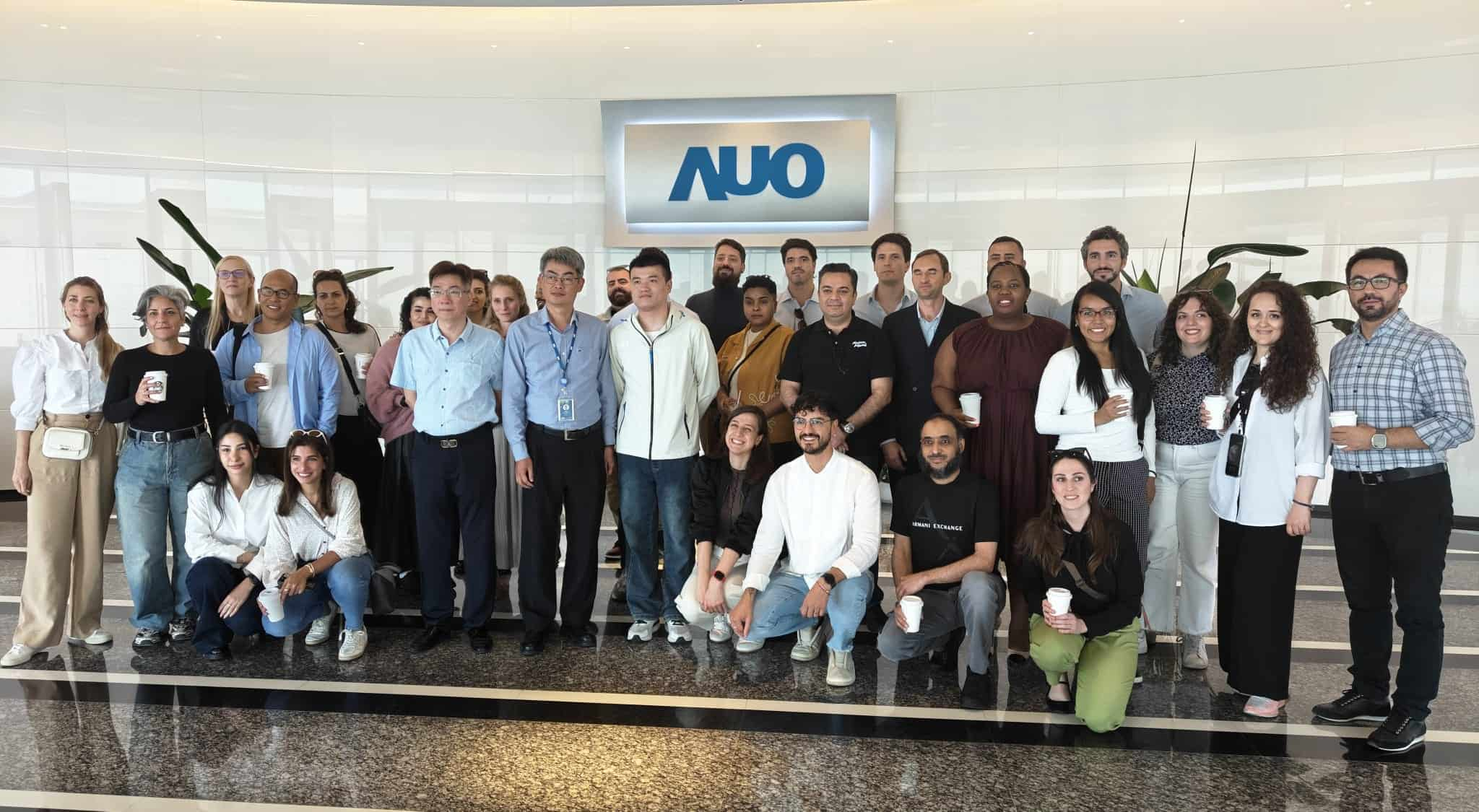12/04/2023
Digital transformation and innovation are an integral part of our modern world. But we sometimes forget that shaping leaders who are capable of implementing technology is just as important. Suheir Aljanini told us about her experience at IE University and why she thinks innovative leaders are important.
During most of her career, Suheir Aljanini has worked as a computer engineer with a focus on user experience and now leadership. She spent the first ten years of her career at Aramex IT, a logistics company that began in Jordan and has grown with an international focus. She then joined Shipa Ecommerce, a corporate startup, where she built a custom technology ecosystem and platform for an e-commerce enablers solution.
Out of the books and into the real world
Even when she wasn’t sure exactly what master’s program would fit her needs, Suheir knew one thing—she didn’t want to study a normal MBA or master’s based in theory, but rather “something practical” which would help her take the next step in her career.
Thankfully, a friend of Suheir recommended she look at IE University. Now a student of the Executive Master in Digital Transformation & Innovation Leadership Suheir will graduate in July of 2023.
Since starting the program in June of 2022, she has continued working at Shipa Ecommerce as the chief technology officer, while also continuing her studies.

Suheir’s biggest takeaway from the Executive Master so far, and the reason she chose to continue her studies well into her career, has been its “structured approach to handling transformation in any industry.”
As a program geared towards mid to senior-level business professionals looking to become the innovators and digital transformers that companies need, the Executive Master in Digital Transformation & Innovation Leadership focuses on training students to respond to today’s pressure to innovate as capable and forward-thinking leaders.
Finding the right type of leaders for the future
For Suheir Aljanini, being a leader is not a talent people are born with, it is something you work towards and achieve through practice. “Leadership is something anybody can be good at,” as long as you invest the time and effort to develop these soft skills.
According to Suheir, our concept of what it means to be a leader has evolved in recent years, stating that “we are seeing a shift from the traditional idea of a boss in the workplace to a leader in the workplace”. She continues by adding, “The old concept of a one-man show will not work, but neither will a laid-back leader. There has to be a balance, someone who leads and promotes success by investing in the people around them.”
Digital transformation and a new type of leadership
According to Suheir, in today’s technology-focused climate, using technology is just a part of doing business. Companies now have to differentiate themselves and set themselves apart by “finding the right people to build something valuable with the tech we now have.”
“I think COVID-19 was a driver for companies to understand the need for digitization in all aspects. Anyone who didn’t have an online presence, even in healthcare, didn’t survive after the pandemic. The companies who invested in digital transformation before were the companies that made it through.”

Tech-based innovation is not a trend that will fade away in a few years, but rather a shift in the industry that will set the scene for the world’s future.
If companies hope to thrive as key players in the global market, they must learn to innovate not only when it comes to technology but also when it comes to thinking about leadership.
This means looking at technology not only from a tech or science-driven point of view but in a way that benefits everyone from the business as a whole, to its individual employees and customers. “It’s about changing management and getting the right skill sets, as well as educating and upscaling the existing team to ensure they are aligned as they embark on the journey.”








